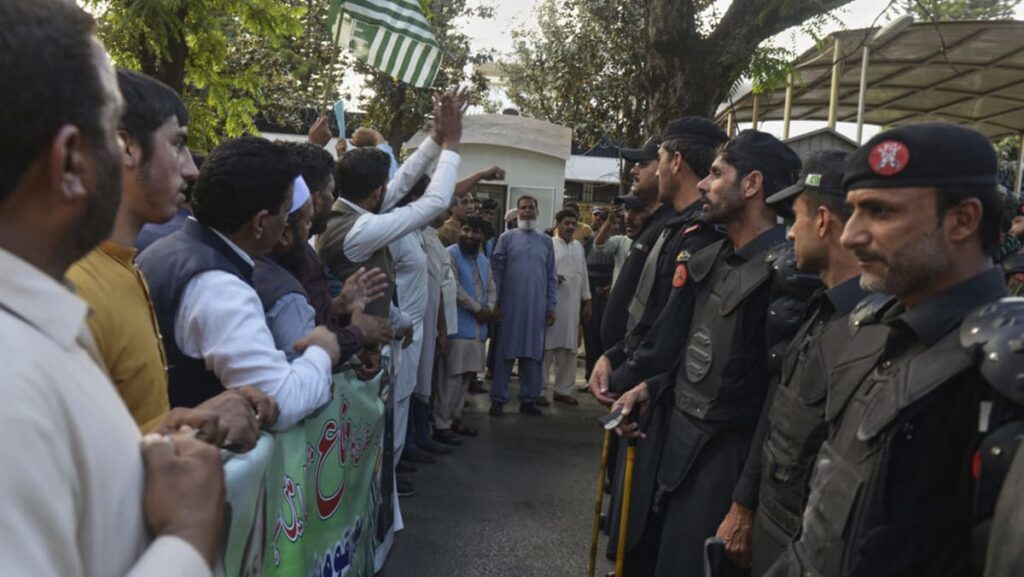Kashmir has been divided between India and Pakistan since its independence in 1947, with both claiming the territory in full but governing separate portions of it.
Rebel groups have waged an insurgency in Indian-controlled Kashmir since 1989, demanding independence or a merger with Pakistan.
India’s air force and navy both carried out military exercises on Thursday.
Indian police say the three gunmen are members of the Pakistan-based Lashkar-e-Taiba group, a UN-designated terrorist organisation.
They offered a two million rupee (US$23,500) bounty for information leading to each man’s arrest.
A day after the attack, New Delhi suspended a water-sharing treaty, announced the closure of the main land border crossing with Pakistan, downgraded diplomatic ties, and withdrew visas for Pakistanis.
In response, Islamabad on Thursday ordered the expulsion of Indian diplomats and military advisers, cancelling visas for Indian nationals – with the exception of Sikh pilgrims – and closing the main border crossing from its side.
Pakistan also warned any attempt by India to stop the supply of water from the Indus River would be an “act of war.”
“REDUCE IT TO DUST”
Pahalgam marks a dramatic shift in recent Kashmiri rebel attacks, which typically target Indian security forces.
Experts say that a military response may still be in the pipeline, with some speculating that it may come within days while others say weeks.
In 2019, a suicide attack killed 41 Indian troops in Kashmir and triggered Indian air strikes inside Pakistan, bringing the countries to the brink of all-out war.
“Whatever little land these terrorists have, it’s time to reduce it to dust,” Modi said on Thursday, after holding two minutes of silence in memory of those killed, all but one of whom was Indian.
Read the full article here
